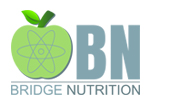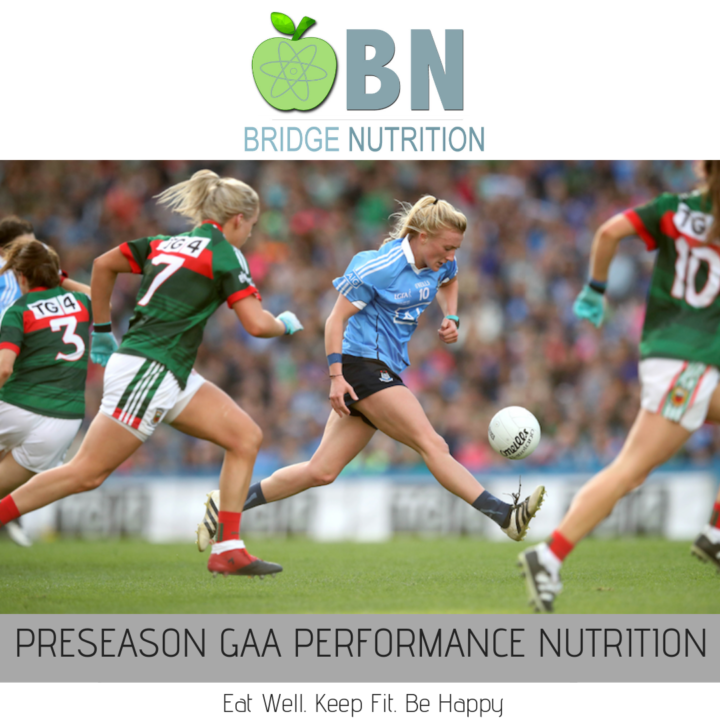GAA and Nutrition:
GAA is an intermittent high intensity team sport, which means you utilise all energy systems for the type of work you are doing (sprint, strength, and endurance). Preseason training session will be varied, and usually quite intense which will stress the body, meaning that your nutrition should focus on fuelling, hydration, and recovery. Failing to do so may result in poor performance, illness, injury, and even compromised mental health.
Training Prep:
Preseason training often consists of medium to long runs and short sprints (groan), to improve players endurance on the pitch and ensure they can last the 70 or so minutes of game time. This kind of running requires fuelling and players need to look to healthy sources of carbohydrates for this. Heading into a training session unprepared and under fuelled is like not warming up. You run the risk of under-performing and even injury. Focus on consuming a decent amount of complex carbohydrates throughout the day and a light carb-based snack an hour or so out from the session. Hydration is also an integral part of prep. However, don’t just lash a couple litres of water into you on the way to training, hydrate throughout the day and look to your pee for a good indicator of hydration status – a very pale yellow is what you’re looking for!
Recovery:
The world has gone protein mad these days, everything from protein coffee to protein crisps. I know I don’t have to convince anyone reading this that protein is an important part of recovery, however there’s more to repairing and refuelling your body than just a protein shake; we also need carbohydrates. During a training session you will more than likely use nearly all your glycogen (carb) stores.
General Diet:
Preseason is a trying time for the body. It is under stress from the heightened exercise after somewhat of a break from the last season. If it doesn’t get adequate recovery from nutrition and sleep then it will react in the form of injury and illness – which is exactly what you don’t want when you’re aiming to retain your starting position or fighting for one. You need to focus on building a diet around healthy foods; quality complex carbohydrates, lean proteins, and healthy fats. Include wholegrains, at least 4 portions of veg, at least 3 portions of fruits, nuts, seeds, lean meat, fish at least once a week, natural yogurts, and plenty of water. Of course, this is not a complete list but it’s a good place to start. We also know the things that won’t help us win a championship; fast food, alcohol, crisps, ready meals, highly processed food etc. These won’t provide the nutrients that your body needs to perform at its best. Although I would never recommend cutting out the foods you love as this may lead to resentment and feeling deprived but try to find a balance between this and giving your body what it requires.
The best way to understand performance nutrition and your own nutrition needs specifically, is to follow a personalised nutrition plan. If you want to hit 100% of your performance nutrition needs you do need to eat a specific number of calories, carbs, and protein, and also time them correctly. Solely relying on guess work may result in over or under eating and missing required targets. During preseason you may also want to focus on fat loss and muscle gain – trying to achieve multiple goals during this period is tricky but very attainable with the right guidance and support!


